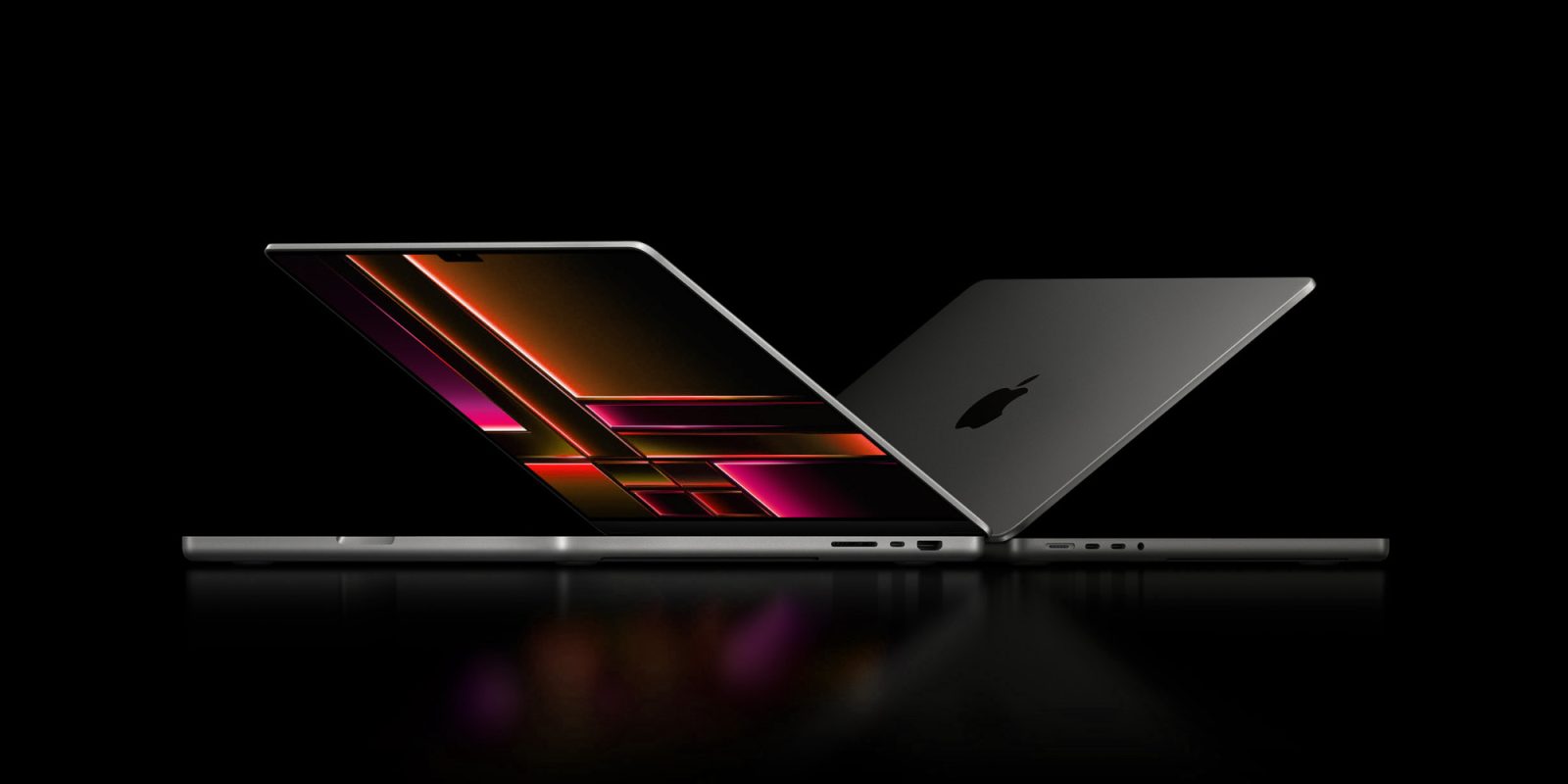
Apple @ Work is brought to you by Kolide, the device trust solution that ensures that if a device isn’t secure, it can’t access your cloud apps. If you have Okta, Kolide can help you get your fleet to 100% compliance. They’re Zero Trust for Okta. Learn more or request a demo today.
We’re coming up on three years since Apple announced the end of the Intel era with a transition to Apple Silicon. Toward the end of 2020, Apple released its first computers running its M1 series chips, and it’s been off to the races since then. Recently, SAP reported that 50% of its entire Mac fleet is now running Apple Silicon-powered computers. Let’s dive into why this is a huge win for Apple, but also creates future challenges.
About Apple @ Work: Bradley Chambers managed an enterprise IT network from 2009 to 2021. Through his experience deploying and managing firewalls, switches, a mobile device management system, enterprise-grade Wi-Fi, hundreds of Macs, and hundreds of iPads, Bradley will highlight ways in which Apple IT managers deploy Apple devices, build networks to support them, and train users, as well as share stories from the trenches of IT management and ways Apple could improve its products for IT departments.
Enterprises move gradually, and then suddenly
There’s an old saying among Apple customers that you never buy the “first” of any major transition as it’ll likely have problems. As someone who purchased one of the very first Apple Silicon powered MacBook Airs in late 2020, I think we can confidently say that the transition has been a huge success, even if you purchased the first batch of the product line. When customers experienced the benefits of Apple Silicon in the early months, IT managers took notice. Enterprise customers don’t buy like traditional consumers. Companies have budgets, processes, and workflows. Of course, when a massive change happens, companies can quickly take notice when money and productivity can be improved. A year after the release of the first Apple Silicon Macs, an engineer at Reddit went viral with this tweet.
We recently found that the new 2021 M1 MacBooks cut our Android build times in half.
So for a team of 9, $32k of laptops will actually save $100k in productivity over 2022. The break-even point happens at 3 months.
TL;DR Engineering hours are much more expensive than laptops!
— Jameson (@softwarejameson) November 3, 2021
When companies see massive improvements like this, a budget can often be justified and found. Jameson later went on to detail all the benefits of Apple Silicon for engineering teams in a blog that we covered back in 2021.
The reality is that the improvements with Apple Silicon over Intel-based Macs are so massive that companies had to take notice on the high end with development teams. The increase in productivity was too great to ignore.
The low end gets higher
In a time period where Apple is reporting challenges with the growth of the Mac, I actually wonder if part of the challenges with Mac sales are that the low-end Apple Silicon Macs are too good for the price. I say that in jest because Apple shipped an incredible computer when it shipped the MacBook Air with M1. In fact, it was the first time in my nearly 20-year history with Apple computers that I could tell someone to walk into an Apple Store and buy the cheapest Mac laptop without hesitation. There was no “please upgrade” the RAM talk. Nope, the stock MacBook Air was plenty good enough for the vast majority of use cases. Nearly 2.5 years later, I still would say the same thing.
One thing I’ve heard from folks around Apple and the enterprise is that their initial deployment of Macs powered by Apple Silicon are still running… just fine. Is that a huge win for Apple? Yes, it is. Is it a huge win for customers? Yes, it is. Is it a problem for Apple? Yes, it is. Intel Macs, in my opinion, had a three-year shelf life. After three years, it was like a farm animal who’d lived a good life but was almost sad to see its struggle in its own age. Apple Silicon Macs are like fine wine—somehow, they seem to get better with age. Apple created a situation where its lowest-end computers with Apple Silicon seem to last forever and are much better than higher-end Intel-powered Macs.
Wrap up
I’ve said all I have said to make this point: Apple Silicon and the enterprise are a match made in heaven. Every computer is amazing. Every computer seems to last forever. End users love Apple Silicon. IT managers love supporting Apple Silicon Macs. Companies like SAP love Apple Silicon so much that they’ve turned over 50% of their fleet in less than three years! All these factors are a huge win for Apple. The only negative for Apple is that Apple Silicon computers are so good (at any price point) that I believe it’s going to delay replacements for them by a year or two. The key for Apple is that they need to continue to expand its enterprise market share to account for the long-lasting benefits of Apple Silicon. Go back in time and tell someone in 2005 that this would be Apple’s “enterprise problem”—what a time to be alive.
Apple @ Work is brought to you by Kolide, the device trust solution that ensures that if a device isn’t secure, it can’t access your cloud apps. If you have Okta, Kolide can help you get your fleet to 100% compliance. They’re Zero Trust for Okta. Learn more or request a demo today.

Add 9to5Mac to your Google News feed.
FTC: We use income earning auto affiliate links. More.






